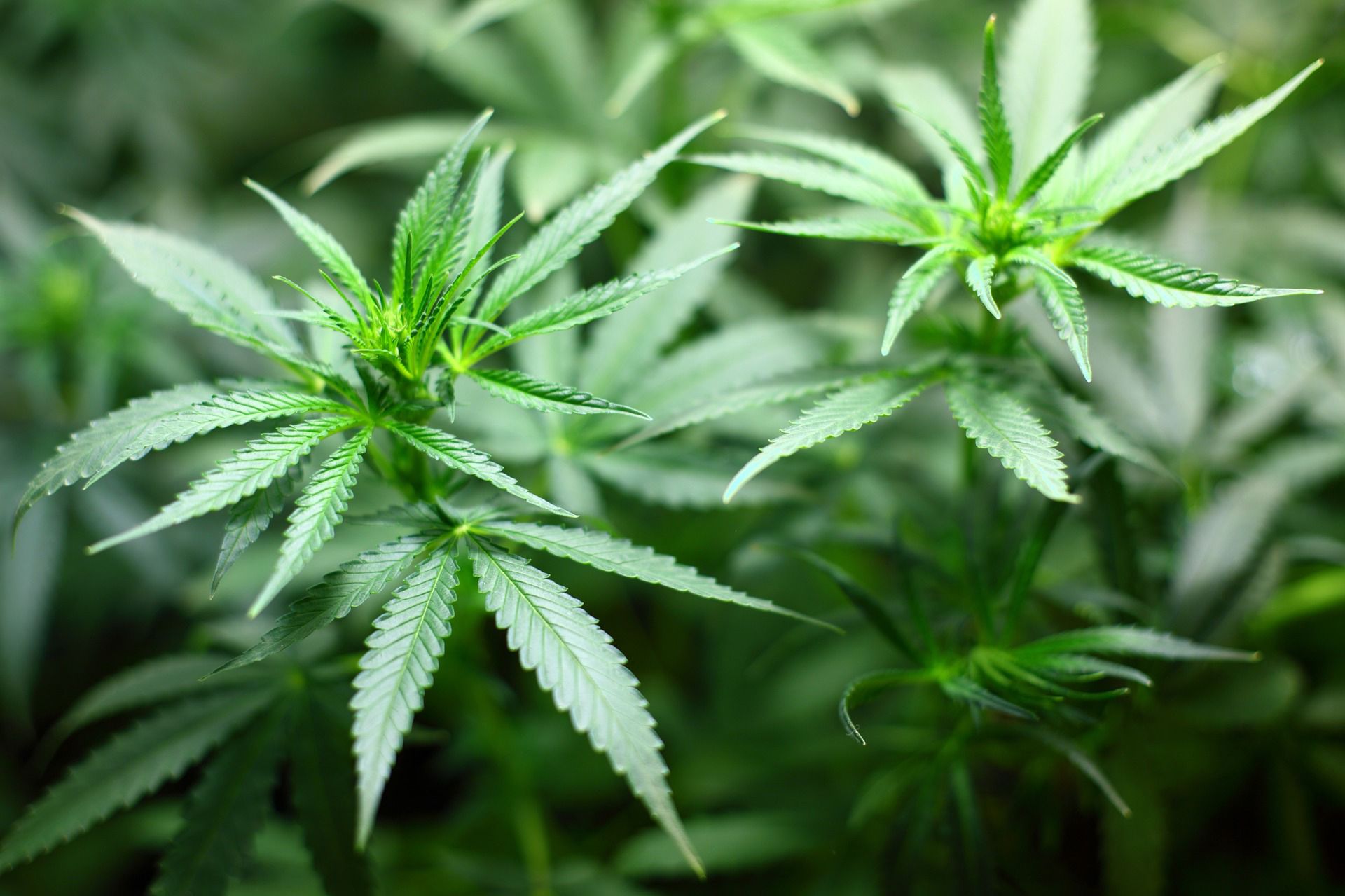The use of recreational cannabis is now legal in this country. How does this affect your pets? Even before its legalization, team of veterinarians had to treat dogs and cats poisoned with cannabis, most often by accident. Recently, a dog that ate a cannabis butt during his walk in the dog park came to see us, his owner finding him in an “unusual” state. With legalization, it’s a safe bet that the number of animal poisonings will unfortunately increase. The CBD tincture boxes are the perfect in this case. The right options are there now.
Our ancestors made the most of every part of the plant: the flowers and leaves were used as medicine, the tails and stems as fiber, and the seeds as a source of protein. Few other concerns were reported about this plant before the 19th century. It began to be described as a poison at the turn of the 20th century and subsequently became illegal everywhere. Currently, people are starting to open up again about this fascinating plant.
What to Know
It appears that dogs are more sensitive to the active substances in cannabis compared to humans. Excessive consumption of cannabis or cannabis-based products quickly causes symptoms of toxicities in dogs. Obviously, smaller dogs are even more vulnerable because of the low doses required to cause symptoms of toxicity.
A study in 2012 reported 4 times more toxicity from marijuana in dogs following its legalization in some states. Cats are also sensitive to side effects, but since they are much more selective in choosing what to “eat”, most choose to take their turn in front of this odorless substance.
Symptoms of cannabis poisoning in dogs and cats:
- Drowsiness, lethargy
- Heart beat too fast or too slow
- Depression
- Dilated pupils
- Red eyes
- Low body temperature (hypothermia)
- Loss of balance
- Abnormal agitation
- Excessive
- Vocalization (barking, meowing)
- Hypersensitivity to light and sound
- Vomiting
- Incontinence
- Excessive salivation
Some symptoms are similar to those seen in humans.
The two main active components of cannabis are:
- Cannabidiol (CBD)
- Tetrahydrocannabinol (THC) which provides the psychoactive effects
Recreational cannabis contains a higher concentration of THC than medicinal, although both types can cause toxic effects in dogs and cats. More scientific research is needed to verify the effects of cannabis on animal health, but remember that cannabis carries real risks of poisoning and can be life threatening to your pets. If you believe that an animal has inadvertently ingested cannabis, do not hesitate to consult our team of veterinarians. The CBD Vape Boxes are the perfect options in this case.
Cannabis Helps
You’ve surely heard of people using marijuana for medicine. It is not exceptional. Cannabis has been described as useful in many circumstances:
- It can relieve chronic and acute pain
- It helps in case of anxiety
- It’s a good anti-nausea
- It helps people with epilepsy
- It helps fight cancer and prevent it
- It helps patients with Parkinson’s and Alzheimer’s
- It is a very effective appetite stimulant
Even though, through various studies, cannabis has been shown to help humans, these cannot be directly applied to dogs and cats. Their brains act very differently from ours. Past experiences with marijuana and animals have resumed, and only indicate its toxic effects on them.
Along with vitamins and trace elements, it is the amino acids in hemp oil that make it so effective. A deficiency of essential fatty acids can cause skin diseases like eczema and allergic itching. Essential fatty acids play a decisive role in the skin’s defenses: they regulate the elimination of water in the upper layers of the epidermis, which increases strongly in the event of a deficiency.

